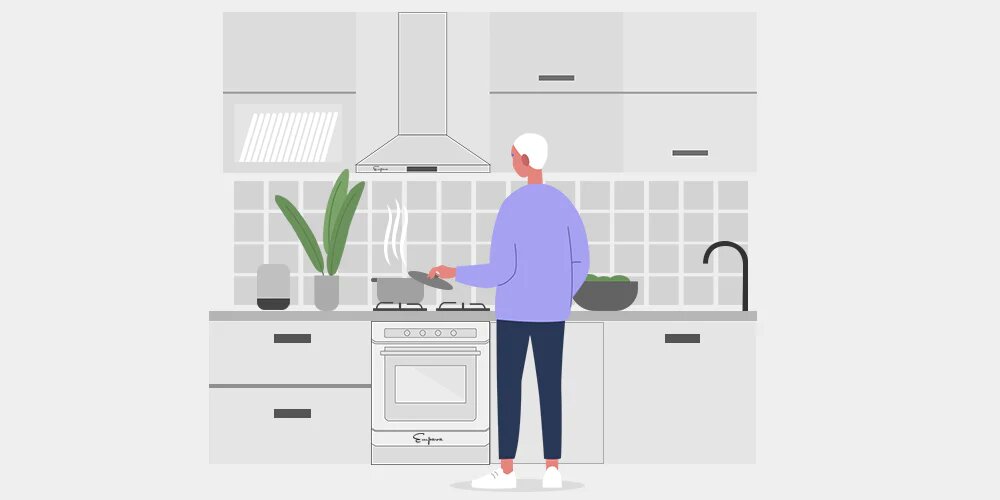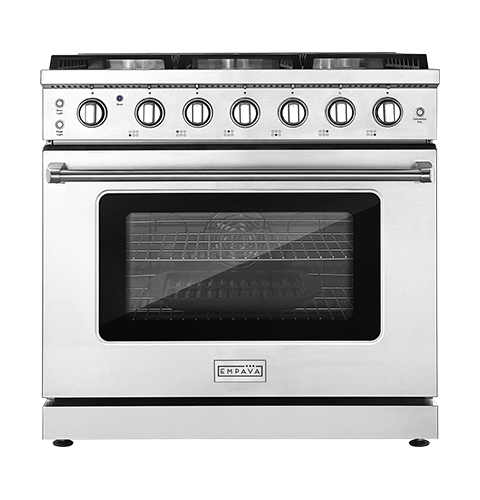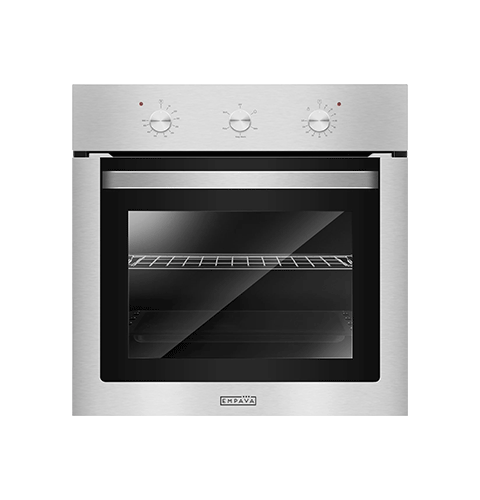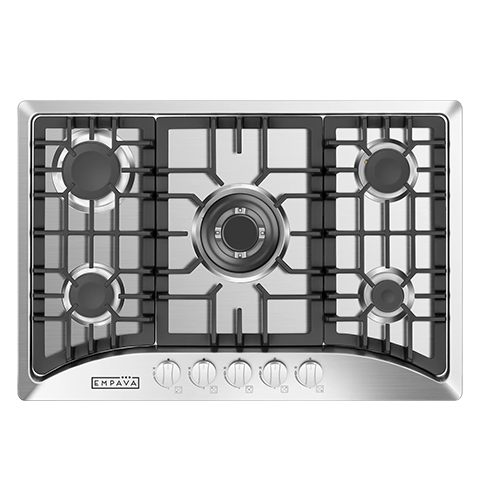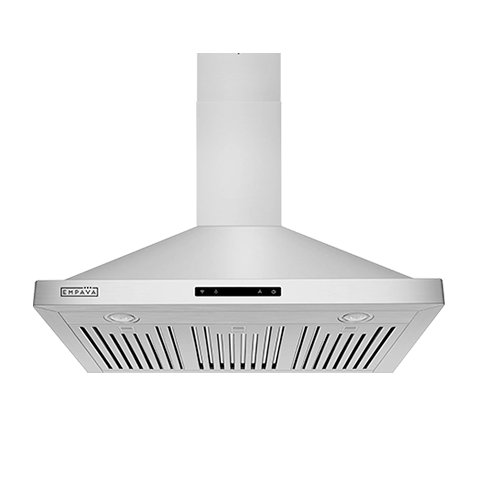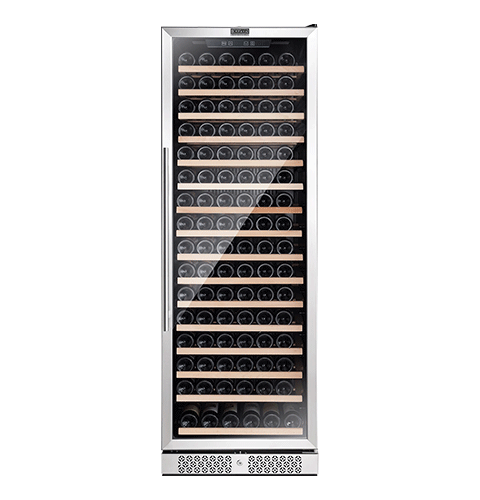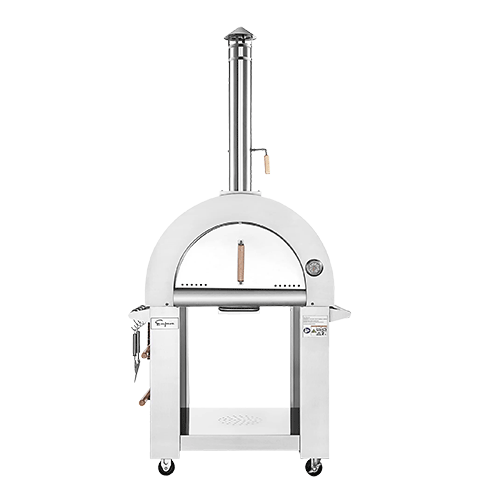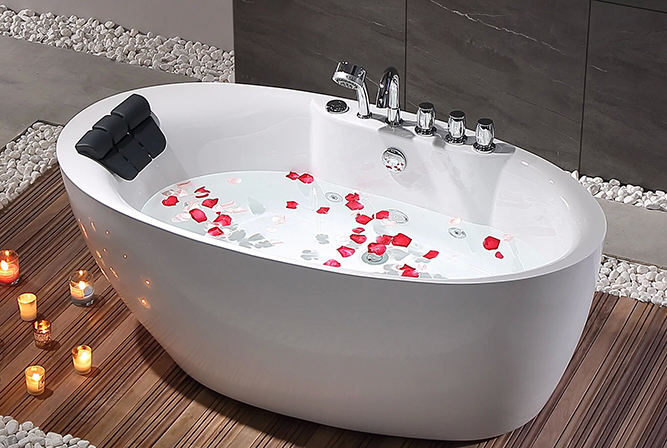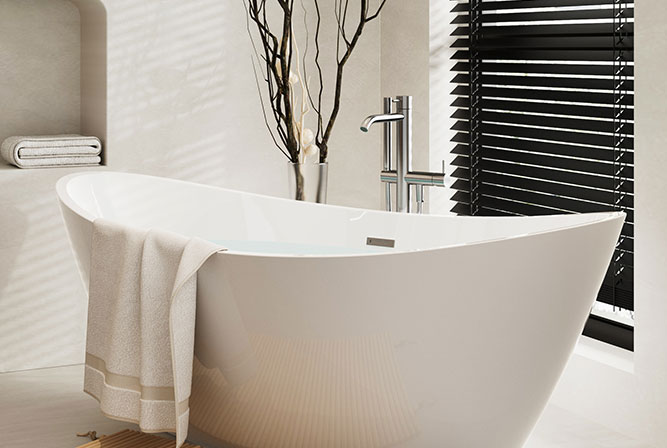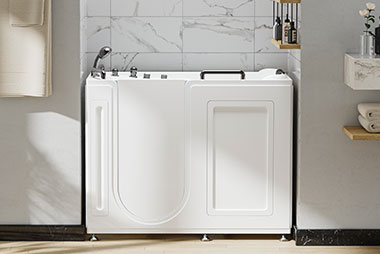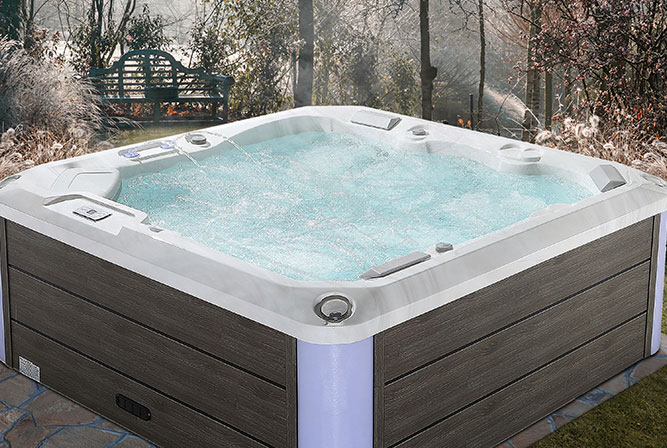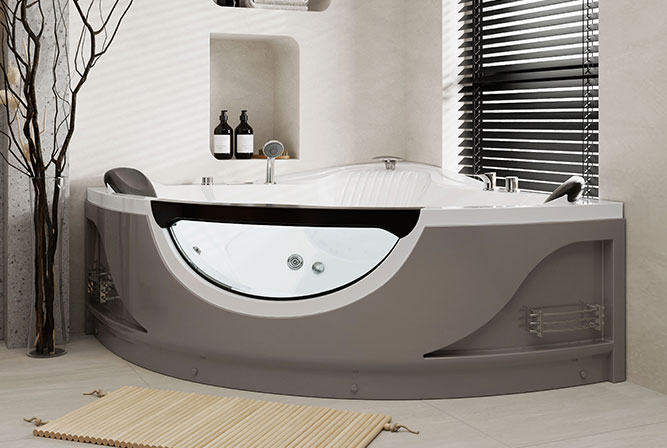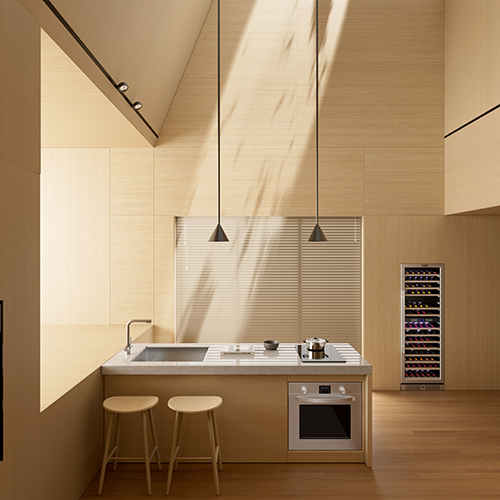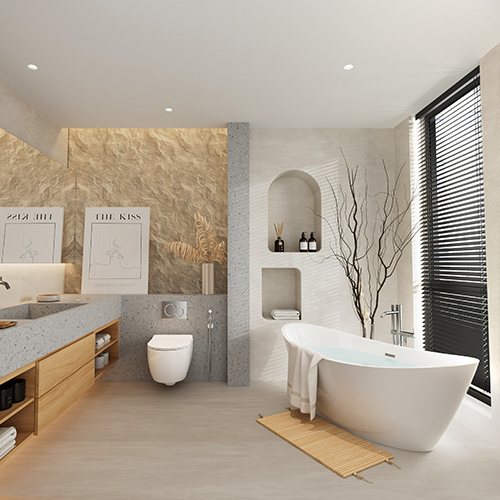CONTINUE READING
Recipe
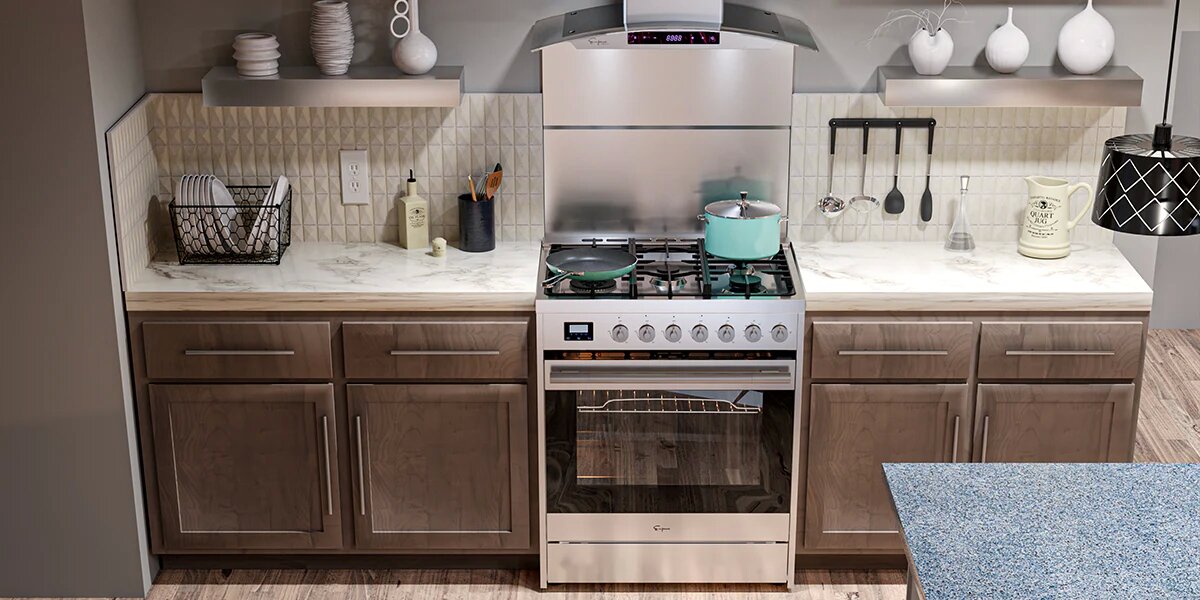
It is necessary to prepare food. Cooking is not only good for your health, but it can also be enjoyable and is a popular pastime for many people.
Cooking is another typical occasion for gatherings of family and friends during the holidays. Consider how much time you and your family
spend cooking, talking, and spending time together in the kitchen. What if I told you that standing in the kitchen while cooking and breathing in
the air is bad for your health? Would you trust me if I told you? That's correct. Cooking smoke can have a negative impact on one's health.
Continue reading to find out more.
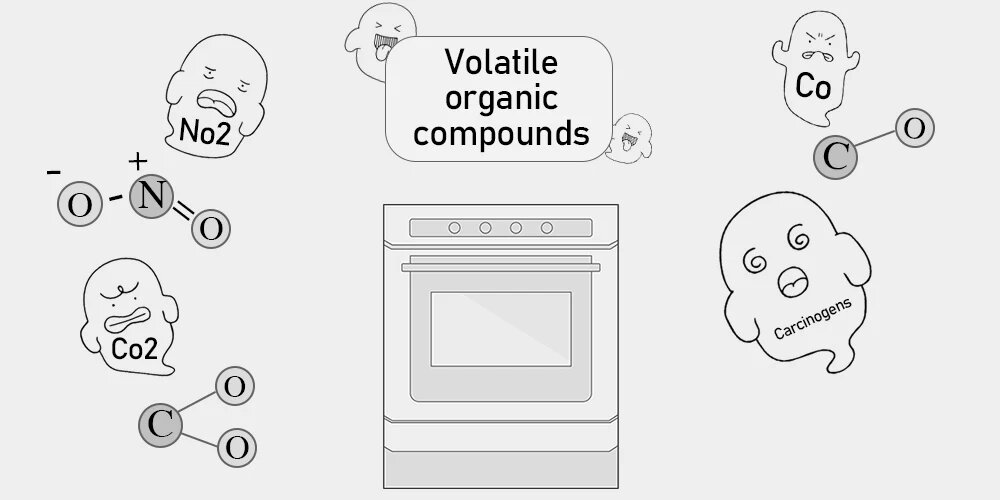
Cooking is a major cause of pollution in the home. Nitrogen dioxide, carbon monoxide, carbon dioxide, volatile organic compounds, carcinogens,
and other substances are all present in the fumes produced from the burner. Cooking smoke might cause you to inhale all of these toxins without
you realizing it.
When utilizing a gas stovetop, nitrogen dioxide is typically released. Nitrogen dioxide has the potential to irritate the lungs' lining. Resulting in
breathing issues.
Carbon monoxide is a colorless, odorless, and tasteless gas produced in minute quantities during cooking. Because high levels of this gas can
induce a loss of consciousness and possibly death, smoke inhalation from cooking can be deadly if not handled properly.
Carbon dioxide is naturally present in the air, but higher concentrations have been known to kill spiders and flies. What the long-term impacts of
cooking and increasing carbon dioxide levels can do to the body is unknown.
Food particles as small as a grain of rice can also be released. Cooking with both gas and electric burners can produce these, but electric burners are
the more common. These extremely small particles can cause infections and inflammation in the lungs and circulation. Inhaling the gases from
the stove is quite likely to induce respiratory issues. Making ensuring that your kitchen is properly ventilated is the greatest method to avoid this.
Installing a range hood over the stove to filter and ventilate the air while cooking is the best way to ensure that your kitchen is properly ventilated.
Can Cooking Fumes Cause Cancer?
We're going to get a little technical here, so if you're not interested in the intricacies, you may skip this section. We're doing this because it's critical to
have a scientific basis for these worries.
Cooking emissions contain nearly 200 different types of hazardous gases, including two chemical substances known to cause cancer: polycyclic
aromatic hydrocarbons (PAHs) and aldehydes.
The above info is what we quoted from meta-analysis- a research published in a scientific journal that compiled and analyzed data from
3,596 non-smoking women with lung cancer and compared them to 6,082 healthy control participants from several studies.
It is also reported by Meta-analysis in an article Oil Fume Exposure and Lung Cancer Among Chinese Non-smoking Women that smoking is the main
cause of lung cancer in the world, as you are surely aware. Cooking emissions in a non-ventilated setting have been linked to lung cancer in non-smokers.
According to the meta-study: “Cooking oil fume exposure as well as not using a kitchen ventilator when cooking was significantly associated with lung
cancer among non-smoking women.”
"Cooking oil fume exposure, as well as not using a kitchen ventilator during cooking, were both substantially related with lung cancer among
non-smoking women," the meta-study concluded.
Cooking fumes have been dubbed "the murderer in the kitchen" by the WHO. According to the organization, 3.8 million individuals have
died prematurely as a result of poor ventilation and "inefficient cooking procedures." Lung cancer was responsible for about 8% of the deaths.
Is that to say you should stop cooking and live off takeaway for the rest of your life? Obviously not! Instead, learn about the dangers of cooking
gases and cancer, as well as how to mitigate them. As a result, you'll be able to continue to appreciate everything your kitchen has to offer, from
delectable cuisine to memorable memories. That is why you need to ventilated your kitchen.


